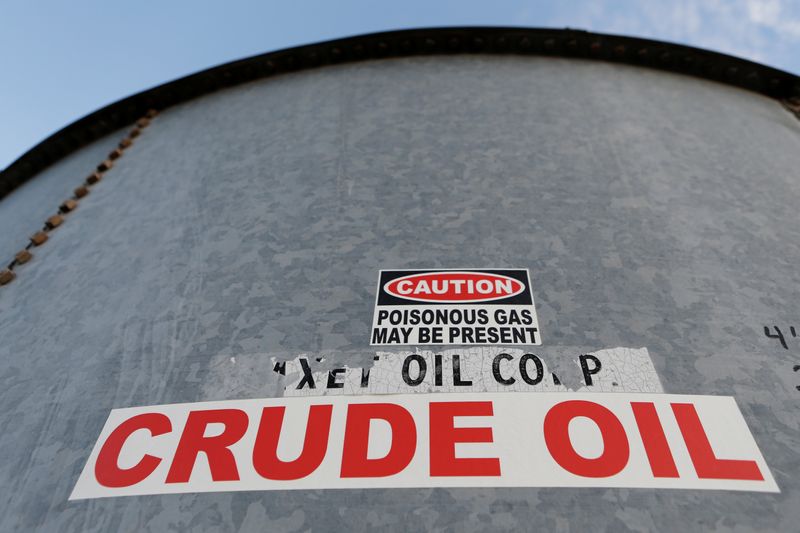Cobalt Blue Holdings Ltd (ASX:COB, OTC:CBBHF), a green energy exploration company focused on the critical mineral cobalt, has boosted its cash position on receiving a A$3 million instalment from the Australian Government Critical Minerals Accelerator Initiative (CMAI) Grant.
The instalment from the A$15 million CMAI grant takes total grant funds received to date to A$13.5 million and brings the company’s total cash and equivalents on hand to more than A$9 million.
It comes as Cobalt Blue remains on track with a Cobalt-Nickel Refinery planned for Kwinana in Western Australia. Major milestones are expected to be delivered in the second half of 2024, ahead of construction in 2025 and first operations in 2016.
About the grant
In April 2022, COB was awarded a CMAI grant by the Australian Government, which totals A$15 million and is payable over time with instalments made through to March 2025.
The government support is intended to help strategic early and mid-stage projects to overcome technical and market barriers.
CMAI supports projects during the development process to help accelerate them toward a point at which they are sufficiently advanced to seek financing.
Refinery plan
Cobalt Blue continues to progress the development of its Cobalt-Nickel Refinery as it moves toward a decision in the second half of this year to proceed to construction.
Cobalt-Nickel Refinery milestones and indicative timetable.
In November 2023, the company published a Cobalt-Nickel Refinery Study detailing a large-scale cobalt-nickel operation representing Australia’s first cobalt refinery producing a high-quality, battery-grade cobalt sulphate.
Target (NYSE:TGT) markets are battery makers and electric vehicle manufacturers who will produce products compliant with the US Inflation Reduction Act (IRA) and the EU Critical Raw Materials Act.
This study presents a compelling evaluation of a cobalt and nickel refining business expected to generate stable margins throughout the highs and lows of the cobalt price cycle. The refinery represents a significant step in diversifying global cobalt processing.
Refinery feedstock
As part of its value-adding strategy, COB continues to test third-party feedstock samples procured from Australian and global third-party sources at the Broken Hill Technology Development Centre.
Ten tonnes of feedstock samples have been received and a significant portion has been processed through the refinery circuit. COB expects to receive a further five-tonne sample shortly.
The company says this work is integral in:
Flowsheet optimisation -
Equipment design/selection -
This work is expected to run until at least the middle of next quarter and is critical to underpinning the detailed engineering design. COB expects to appoint the engineering firm in the near future.
Permitting progress
Permitting work is also progressing with the company appointing ABEC Pty Ltd and Green Values Australia Pty Ltd to develop a Works Approval application for submission to the Department of Water and Environmental Regulation (DWER).
A comprehensive Air Quality Impact Assessment (AQIA) has been undertaken that considers existing emissions from the site as well as new emissions from the proposed refinery.
The AQIA demonstrates that the emissions from the site are significantly less than the prescribed ground-level concentrations for all relevant pollutants at receiver locations around the site.
A Biodiversity Assessment has also been completed which justifies the clearing of a small amount of highly degraded vegetation at the site.
The Works Approval application will be submitted to DWER in the coming months.
Offtake discussions
Potential offtake partners are assessing larger-scale sulphate samples produced from these sources.
COB is developing plant engineering solutions that will enable the Refinery to deal with a variety of global feedstocks that are IRA-compliant while meeting a wide variety of EV battery offtake specifications.
This work will significantly de-risk future operations and allow flexibility in choosing feedstock suppliers and offtake partners.
Advanced discussions with suppliers of feedstock are progressing with an aim to execute initial supply contracts in the near future.
